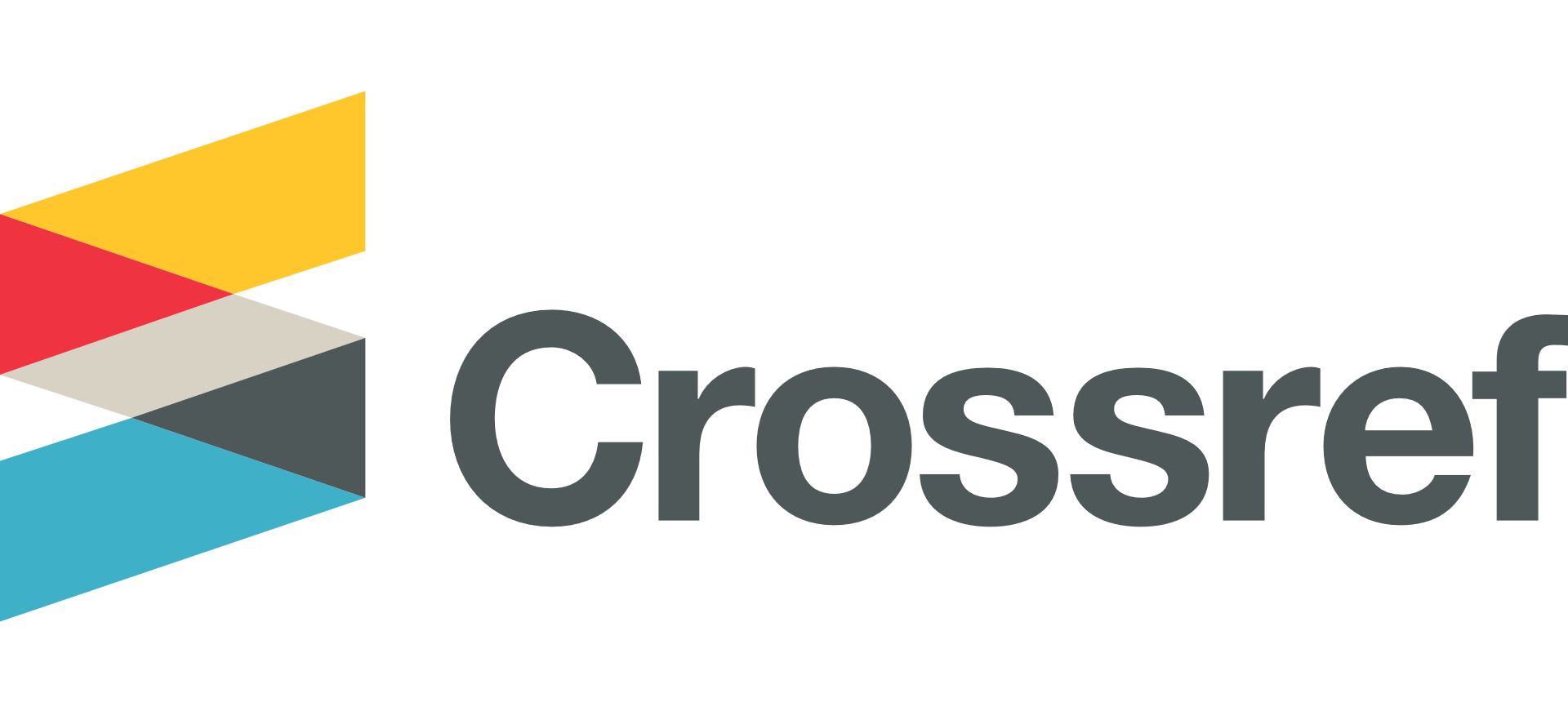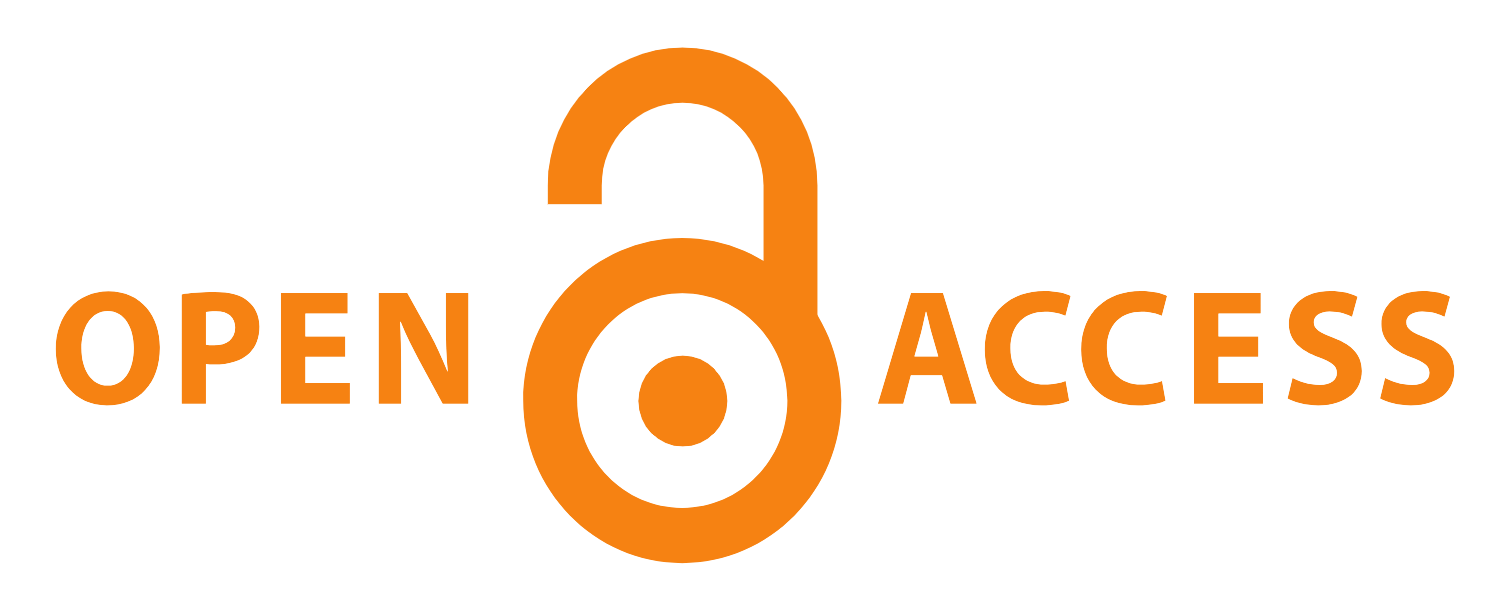An Analog Game-Based Intervention and a Playability Analysis in the Elderly - A Pilot Study
Abstract
Introduction: Gamed-based interventions (GBI) in old people is an interesting topic for aging-well purposes, however, few studies exist focused on the assessment of multimodal interactive experience (emotions, skills, engagement, etc), and most of them used digital games. Therefore, validation of analog GBIs, when implemented in the geriatric field, should be completed with a playability analysis.
Aim: To characterise a multicomponent playability analysis, considering (i) emotional state changes, and (ii) the perceived experience during the implementation of an analog gamed-based short-term intervention in the institutionalized elderly person.
Method: A pre and post-test study was conducted during four weeks of intervention through an analogue game. Participants were elderly people institutionalised in a Residential Home for the Elderly in the central region of Portugal. Playability is assessed before and after the sessions with analogue games, using the Visual Analogue Scale (VAS) (0-10) of emotions and a questionnaire about participants’ perceptions of game-based experience.
Results: Thirteen elderly people (9 women/4 men) with a mean age of 80±9.32 years participated in the study. A total of 48 states of tiredness/excitement, calmness/anxiety, and sadness/joy were recorded: 44,4% of participants increased their level of excitement; 66,7% decreased their level of excitement. The serious aims of the game were well perceived while maintaining the perception of the playful and fun character.
Conclusion: The positive emotional changes in the elderly might be a sign of self-perceived novelty and challenge in the game. A good perception of the serious purpose of the game is associated with a positive emotional state, which encourages the adoption of proficiency feedback mode in the game. This pilot study was a relevant contribution to the continuing progression of playability analysis in elderly therapeutic contexts.
Downloads
This work is licensed under a Creative Commons Attribution-NonCommercial-ShareAlike 4.0 International License. The rights of each article are attributed to their author(s).









